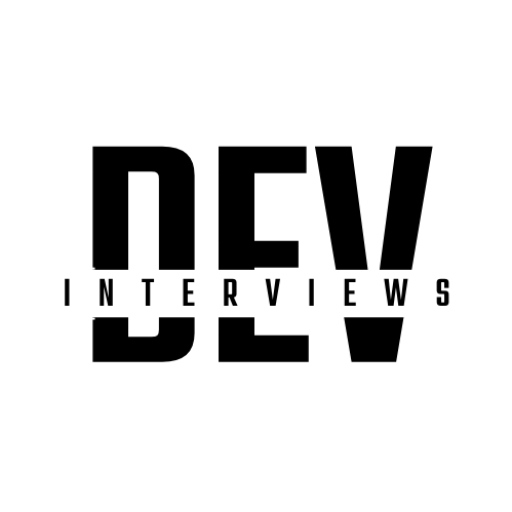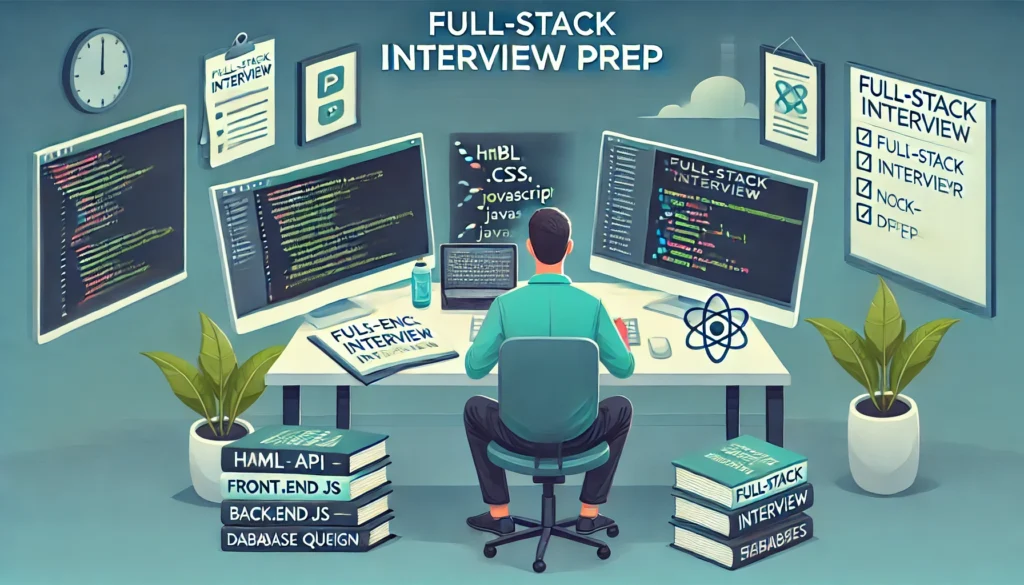Getting hired by tech giants like Google, Facebook, and Amazon is a dream for many professionals. However, their hiring processes are notoriously rigorous, with multiple rounds of interviews and high expectations. In this article, we will give you a detailed overview of the selection process at large tech companies, as well as key tips to help you prepare and stand out as a strong candidate.
1. What Makes the Hiring Process Unique at Tech Giants?
Large tech companies like Google, Facebook, and Amazon have developed their own unique approaches to hiring. These companies typically receive thousands of applications for each open role, so their recruitment process is designed to filter out only the top candidates. Here’s what sets these companies apart:
- Emphasis on technical skills: While many companies look for soft skills and cultural fit, tech giants put a significant focus on technical expertise, especially for engineering, data science, and product management roles.
- Structured interviews: The process is highly organized, with multiple interview rounds that assess different competencies, including problem-solving, technical knowledge, and leadership skills.
- High bar for talent: These companies aim to hire the best of the best, so they are known for being selective. You’ll need to demonstrate that you can not only meet the job requirements but also thrive in a fast-paced, innovative environment.
2. The Typical Hiring Process
The hiring process at large tech companies can vary slightly depending on the role, but the general structure tends to be quite similar. Below are the typical stages:
1. Initial Screening
- Application Review: After submitting your resume, the company’s recruiters or Applicant Tracking System (ATS) will review your application. If you meet the qualifications and your resume stands out, you’ll be contacted for the next step.
- Phone or Video Screening: The first real interaction is often a short phone or video interview with a recruiter. During this conversation, the recruiter will assess your background, technical skills, and whether you align with the company’s values.
2. Technical Interviews
This is a critical phase, especially for roles in engineering, data science, or product management. There may be multiple rounds of technical interviews:
- Coding challenges: You may be asked to solve coding problems in real-time. LeetCode, HackerRank, or company-specific platforms are commonly used for these exercises.
- Algorithm and data structure questions: Prepare to discuss and solve problems related to algorithms, data structures, and system design. Familiarity with complexity analysis is often required.
- Whiteboard sessions or technical interviews: You might be asked to explain your thought process and coding solutions on a virtual whiteboard or shared document.
3. Behavioral and Leadership Interviews
In addition to your technical prowess, large tech companies care about your soft skills, problem-solving approach, and how you fit into the company’s culture. You will typically go through a few rounds of behavioral interviews. The most common method is the STAR technique (Situation, Task, Action, Result).
- Behavioral questions: These focus on your past work experiences, how you handle challenges, and your leadership abilities.
- Cultural fit: Companies like Amazon and Google look for candidates whose values align with their corporate principles. For example, Amazon’s leadership principles guide many of their behavioral questions.
- Problem-solving and situational questions: Be ready to explain how you approach solving complex, real-world challenges, often under pressure or uncertainty.
4. On-site or Final Interview Round
If you’ve passed the initial stages, you’ll likely be invited to a final round of interviews. In the past, these were conducted on-site, but now they often happen virtually.
- Panel interviews: You may meet with a group of interviewers at once. Expect a mix of technical, behavioral, and leadership questions.
- Team-specific interviews: Depending on the role, you might meet with the team you’d potentially work with, including managers, peers, or even direct reports.
- Coding or technical presentations: For technical roles, you may need to complete a more in-depth coding challenge, present a past project, or walk through a system design exercise.
5. Offer and Negotiation
If you successfully complete all interview rounds, the company will extend an offer. Tech companies tend to offer competitive salaries, but compensation packages often include stock options, bonuses, and benefits. Don’t hesitate to negotiate if the initial offer doesn’t meet your expectations—these companies are used to it.
3. Key Tips for Preparing
1. Master Algorithms and Data Structures
For technical roles, a deep understanding of algorithms and data structures is crucial. You should be comfortable solving problems involving:
- Sorting and searching algorithms
- Hash maps and sets
- Trees and graphs
- Dynamic programming
Use resources like Cracking the Coding Interview by Gayle Laakmann McDowell and platforms like LeetCode or CodeSignal to practice.
2. Practice Behavioral Questions
Don’t underestimate the importance of behavioral interviews. Use the STAR method to prepare concise, effective answers for questions like:
- “Tell me about a time you faced a difficult challenge and how you handled it.”
- “Describe a situation where you had to lead a team under pressure.”
- “How do you handle conflicts in a collaborative setting?”
Tailor your answers to align with the company’s values or leadership principles.
3. Prepare for System Design Interviews
For senior roles, system design interviews are common. You’ll be asked to design scalable systems, such as a messaging platform or a distributed database. Focus on key concepts like:
- Load balancing
- Caching mechanisms
- Database sharding
- Latency optimization
Understanding how to design systems that scale effectively is a key skill at tech companies.
4. Get Familiar with Company-Specific Practices
Each tech giant has its own hiring quirks. For example, Google values collaboration and looks for candidates who are strong team players, while Amazon places a strong emphasis on leadership and ownership. Research the company’s culture, values, and past interview experiences using sites like Glassdoor or Blind to get an idea of what they’re looking for.
5. Practice Under Time Pressure
Tech interviews often have strict time limits. Practicing coding problems under time pressure will help you develop speed and accuracy. Simulate the interview environment as closely as possible to get used to performing well within a limited time frame.
Final Thoughts
The hiring process at major tech companies is demanding, but with the right preparation, it’s possible to succeed. Mastering algorithms, practicing behavioral interviews, and refining your system design skills are key steps to becoming a standout candidate. Keep in mind that these companies are looking for more than just technical expertise—they want individuals who can thrive in dynamic, collaborative environments. By preparing thoroughly, you’ll be well-equipped to navigate the interview process and secure a role at a leading tech company.




